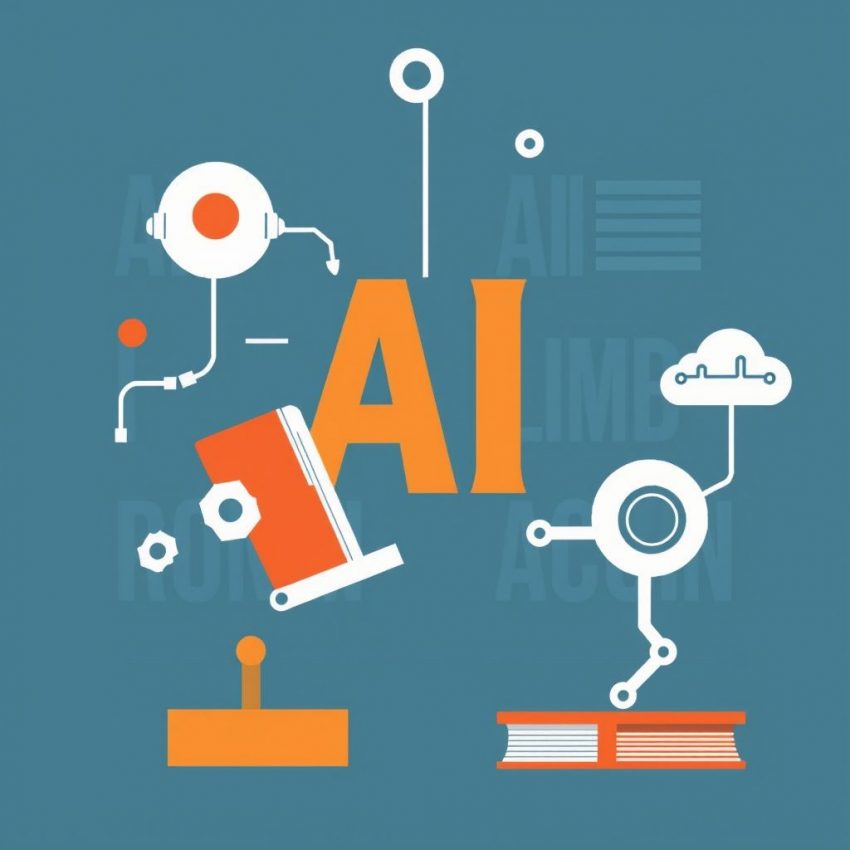Authors Rise Up: The Call to Curb AI in Publishing
The literary world is abuzz. A coalition of prominent authors, spearheaded by [Insert prominent names of authors involved, if known, otherwise use "a group of leading authors"], has issued a powerful call to action: publishers must drastically limit their use of artificial intelligence in the editing and production processes. This isn't about Luddism; it's about safeguarding the integrity of literature and the livelihoods of writers.
The concerns raised aren't new, but they're gaining significant traction. The increasing reliance on AI tools for tasks like editing, proofreading, and even generating content threatens several crucial aspects of the publishing industry:
-
Diminished Quality: While AI can identify grammatical errors, it lacks the nuanced understanding of language, style, and storytelling that a human editor provides. The fear is that relying too heavily on AI will lead to homogenized, lifeless writing, stripping away the unique voice and creative flair that make books compelling. Authors argue that subtle stylistic choices, crucial to a work's impact, are often lost in the algorithmic process.
-
Ethical Concerns and Copyright Infringement: AI models are trained on massive datasets, often including copyrighted material. Using these AI tools raises serious ethical and legal questions about potential plagiarism and the exploitation of authors' work without proper compensation. The current legal landscape is unclear, but the potential for lawsuits and reputational damage is significant.
-
Erosion of Human Expertise: The over-reliance on AI risks devaluing the critical role of human editors and proofreaders. These professionals provide invaluable feedback, shaping manuscripts into polished works of art. Replacing them with AI could lead to job losses and a decline in the overall quality of editing.
-
The Threat to Authorial Control: Authors rightfully want control over their work. The use of AI in editing processes can subtly – or not-so-subtly – alter an author's intended meaning and style without their consent or knowledge. This raises serious questions about artistic integrity and ownership.
The authors' call isn't about completely banning AI. They acknowledge that certain technological tools can be beneficial, assisting with tasks like fact-checking or identifying inconsistencies. However, they advocate for a measured approach, prioritizing human expertise and ensuring that AI remains a supportive tool rather than a replacement for skilled professionals.
This is a pivotal moment for the publishing industry. The question isn't whether AI will continue to play a role, but rather how it will be integrated. The authors' call serves as a vital reminder that literature is a human endeavor, and its future depends on valuing the creative contributions of authors and the expertise of human editors. The ball is now in the publishers' court – will they listen to the concerns of the very people who create the books they publish? Only time will tell.
What are your thoughts on the use of AI in publishing? Share your opinions in the comments below.
Don’t miss out on this exclusive deal, specially curated for our readers!
This page includes affiliate links. If you make a qualifying purchase through these links, I may earn a commission at no extra cost to you. For more details, please refer to the disclaimer page. disclaimer page.

